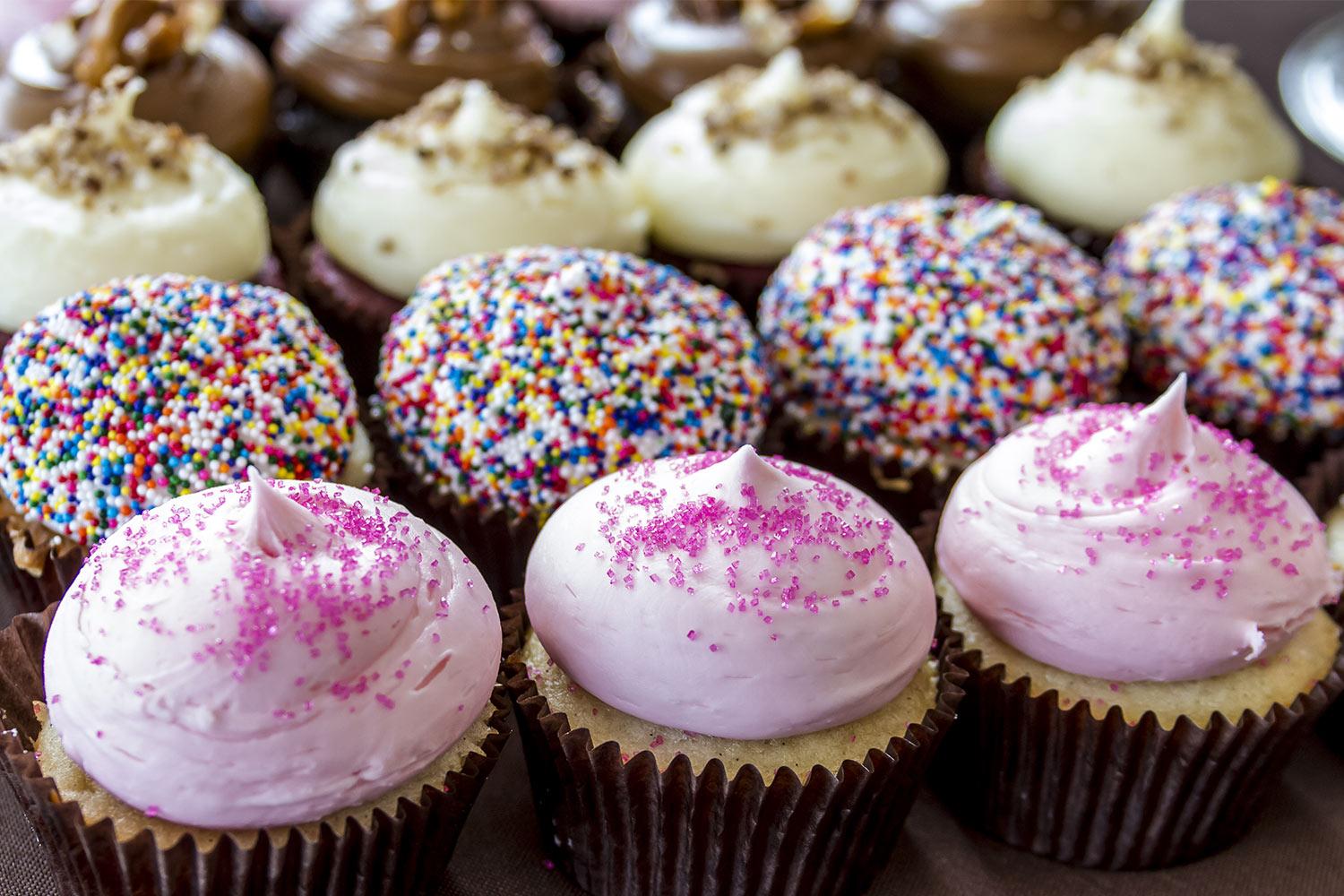
Types of Compositions
Descriptive, Narrative, Expository
The Reality of Writing
As we look at each method below, try to focus on the key distinctions while remembering these methods are not used in a vacuum.
Narrative
Many of the books we read are written using narrative form.
Here is an excerpt from The Tale of Peter Rabbit by Beatrix Potter.
"ONCE upon a time there were four little Rabbits, and their names were — Flopsy, Mopsy, Cotton-tail, and Peter.
They lived with their Mother in a sand-bank, underneath the root of a very big fir tree.
"NOW, my dears," said old Mrs. Rabbit one morning, "you may go into the fields or down the lane, but don't go into Mr. McGregor's garden: your Father had an accident there; he was put in a pie by Mrs. McGregor."
Descriptive
Check out this excerpt from Chapter 6 of The Magician's Nephew by C.S. Lewis.
"At that moment the door was suddenly flung open. Aunt Letty looked round and saw with amazement that an enormous woman, splendidly dressed, with bare arms and flashing eyes, stood in the doorway. It was the Witch."
Expository
It often focuses on the facts rather than the details.
Check out this excerpt from a New York Times article "Kim Jong-un's China Visit Strengthens His Hand in Nuclear Talks."
"With a dose of mystery and the flair of a showman, North Korea’s young leader, Kim Jong-un, used his debut as an international statesman on Wednesday to present himself as confident, reasonable — and willing to bargain."
Combinational Approach
Here is an excerpt from The Picture of Dorian Gray by Oscar Wilde (pg 2-3).
In the centre of the room, clamped to an upright easel, stood the full-length portrait of a young man of extraordinary personal beauty, and in front of it, some little distance away, was sitting the artist himself, Basil Hallward, whose sudden disappearance some years ago caused, at the time, such public excitement, and gave rise to so many strange conjectures.
As he looked at the gracious and comely form he had so skilfully mirrored in his art, a smile of pleasure passed across his face, and seemed about to linger there. But he suddenly started up, and, closing his eyes, placed his fingers upon the lids, as though he sought to imprison within his brain some curious dream from which he feared he might awake. ‘It is your best work, Basil, the best thing you have ever done,’ said Lord Henry, languidly. ‘You must certainly send it next year to the Grosvenor. The Academy is too large and too vulgar. The Grosvenor is the only place.’ ‘I don’t think I will send it anywhere,’ he answered, tossing his head back in that odd way that used to make The Picture of Dorian Gray his friends laugh at him at Oxford. ‘No: I won’t send it anywhere.’
Lord Henry elevated his eyebrows, and looked at him in amazement through the thin blue wreaths of smoke that curled up in such fanciful whorls from his heavy opiumtainted cigarette. ‘Not send it anywhere? My dear fellow, why? Have you any reason? What odd chaps you painters are! You do anything in the world to gain a reputation. As soon as you have one, you seem to want to throw it away. It is silly of you, for there is only one thing in the world worse than being talked about, and that is not being talked about. A portrait like this would set you far above all the young men in England, and make the old men quite jealous, if old men are ever capable of any emotion.’
